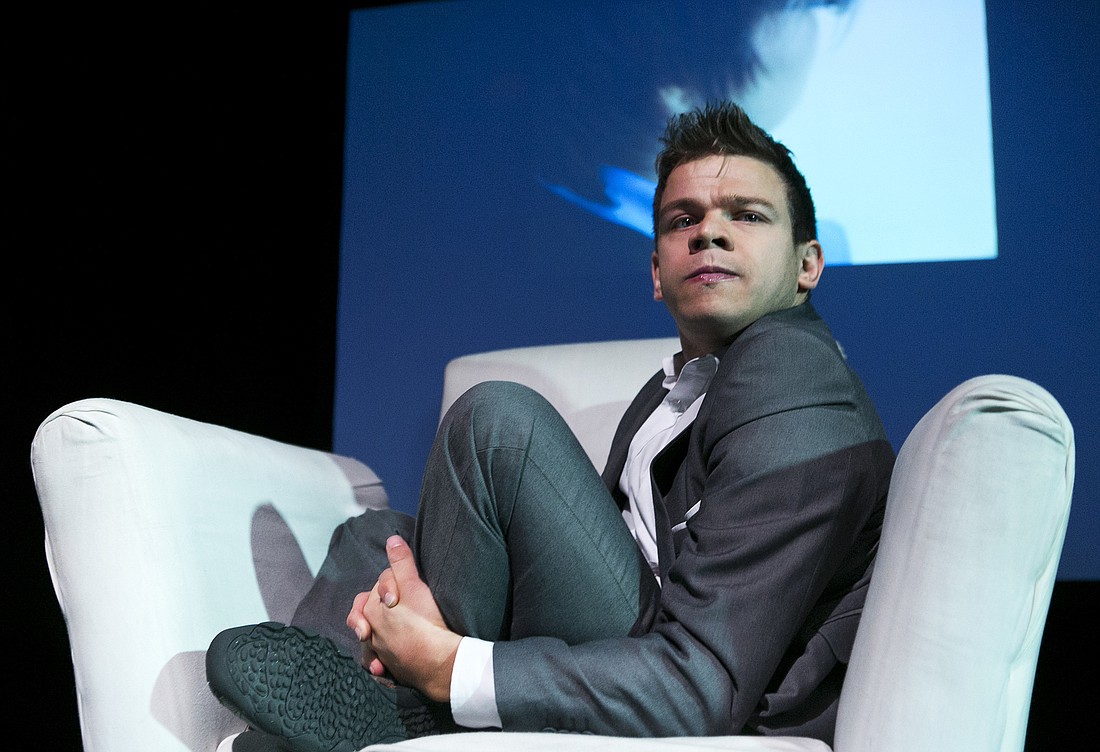- November 23, 2024
-
-
Loading

Loading

Robert Softley Gale knows the feeling all too well. He enters a room, and everyone turns to look. But at the same time, there’s a sense of avoidance. He’s simultaneously the center of attention and invisible.
It’s a unique paradox, but he says it’s something many people with disabilities experience. And for the 35-year-old Scottish actor, who was born with cerebral palsy, it’s something he’s dealt with his whole life.
“We all want to be part of the bigger picture,” he says. “Everybody wants that. But quite often, people with obvious physical disabilities struggle to fit in.”
His one-man play, “If These Spasms Could Speak,” is part of his efforts to combat this social divide. Also an equality advocate and public speaker, Softley Gale provides audiences with a candid look at the issue. He explores his relationship with his body, as well as the insights of five other disabled people, with whom he conducted interviews.
After touring around the world for the last four years, the show will make its U.S. premiere Dec. 10, at Florida Studio Theatre. With it, Softley Gale says he hopes not only to provide a relatable story for people with disabilities, but he also wants to give able-bodied people a new perspective.
“People with disabilities have these experiences that others don’t have,” he says. “It really can be like being hidden in plain sight.”
Softley Gale grew up in a performing-arts family, and he’d done a lot of work backstage, but he never considered a role in the spotlight. But 12 years ago, Theatre Workshop, a theater company in Edinburgh that employs both able-bodied people and people with disabilities, asked him to audition for a play. He realized he could use the paradox as an art form.
“I never thought I would get into acting,” he says. “But I realized that on stage, it’s all about me. People listen to what I’m saying. I’ve always wanted to share how I see the world, and acting was a good way to do that.”
The play is a collection of stories — some funny, some sad, but most importantly for Softley Gale, they’re all honest and relatable.
“At first, the audience is thinking about how differently disabled people are perceived,” he says. “But these are universal issues — everyone has something they don’t like about their body. By the end, you realize how similar our lives are. That’s the journey I want to take you on.”